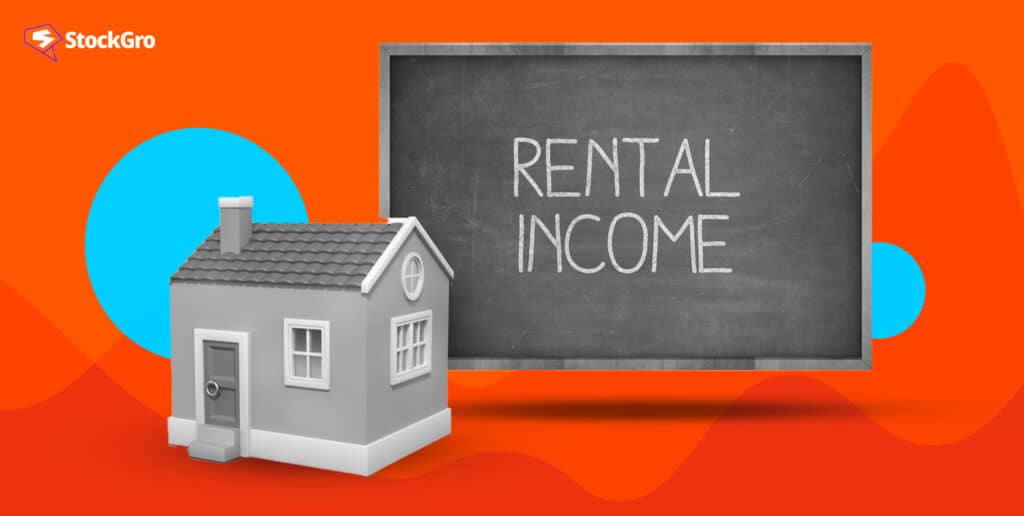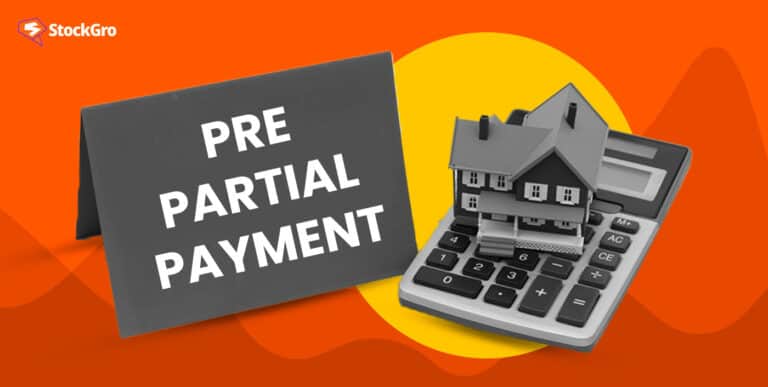
When investing in real estate in India to earn rental income, it is important to consider both commercial and residential properties. A wide range of investors with varying objectives and comfort levels with risk can find an appropriate fit among the available options, each of which presents its own set of pros and cons.
To make a well-informed decision that fits in with your financial goals, it is essential to understand the differences between residential and commercial properties.
In this article, we will compare and contrast these two investment options so you can make an informed decision about achieving your rental income goals in India.
Rental income
A substantial portion of the average Indian’s income comes from rental income, which is the sum one receives from leasing or renting real estate. Rental income is often viewed as a highly profitable income stream because of its role in ensuring financial security and the minimal risks it poses for future retirement savings.
However, it’s crucial to remember that any income earned as rent is taxable under the Income Tax Act.
The yearly rent value, expressed as Gross Annual Value (GAV), is used to determine rental income tax after subtracting the following: municipal taxes, the standard deduction, and interest paid on any home loans taken out. A taxpayer can deduct 30% of rental income for qualified improvements and repairs under Section 24A of the Income Tax Act.
However, to claim a tax deduction, the taxpayer must be the rightful owner of the property.
The following schedule represents the computation of rental income tax:
Indian citizens and non-residents are subject to taxation on rental income. Therefore, under Section 24, non-resident Indians are required to pay tax on rental income from properties they own in India. However, the responsibility of paying property taxes on NRI properties lies with the tenant.
Special deductions and exemptions are available for the taxable income from rental property. Once the NAV is computed after deducting the municipal taxes from GAV, the amount is subject to these exemptions and deductions.
Factors to consider when investing in a rental property in India
To make smart choices and maximise your money, you should consider many important factors before diving into the Indian property investment market. A few of the factors are:
Location
A property’s rental income and appreciation potential depend highly on its location. More people are willing to pay higher rents for properties in prime commercial areas, close to public transportation, or growing neighbourhoods. Homes can appeal more to potential buyers if they are located near amenities like schools, hospitals, and supermarkets.
Return on investment (ROI)
A high return on investment (ROI) is essential for investors in rental properties. Investors should conduct thorough research to compare the property’s purchase price and maintenance costs with the potential rental income. The longer leases and higher rental rates in commercial properties often result in a better return on investment than in residential ones.
Maintenance and management
The time and money needed to manage and maintain the property is another factor that investors should think about. Leases for commercial properties often have more favourable terms when it comes to maintenance duties.
Still, they also require a more professional management style, which includes complex lease negotiations and strict adherence to safety regulations.
Even though residential properties are usually easier to manage, they still need maintenance regularly to keep tenants happy and guarantee a steady income from rentals.
Also read: Real estate investing for beginners
Residential properties for rental income in India
The perceived stability and emotional value of owning property make residential real estate a popular investment choice in India. However, there are benefits and drawbacks to think about when investing in rental income.
Advantages of investing in residential properties
Several benefits can be gained from investing in residential places. First, in comparison to commercial properties, the initial investment is typically lower, which means that a wider range of investors can afford it.
Additionally, the rental income from residential properties is more likely to be stable because of the higher occupancy rate. This is a wise long-term investment because the demand for housing, driven by rising urbanisation and population, is not going anywhere.
There is personal value beyond monetary considerations when owning a home, which includes the emotional fulfilment and stability that comes with it, regardless of whether it is rented out.
Disadvantages of investing in residential properties
Despite the benefits, some drawbacks should be taken into account. Residential investments often provide lower rental yields (the ratio of yearly rent income to the property cost) compared to commercial properties, resulting in lower immediate returns on investment.
Maintenance, which the landlord must pay for and put in time and effort for, is another landlord’s responsibility.
Because residential property leases tend to be shorter, vacancies may reduce revenue. Dealing with tenants about rent increases and other issues can be challenging and requires a diplomatic and patient approach. Lastly, changes in the real estate market can significantly impact the value and rental income of residential property investments.
Commercial properties for rental income in India
If you are looking for a long-term and profitable investment opportunity, you might want to consider how to invest in commercial property instead of residential property, as the rental income from commercial property is higher than that from residential property.
Commercial real estate includes many types of buildings, such as offices, stores, warehouses, and factories. Investors are drawn to commercial properties for two main reasons: the prestige they offer and the high rental yields they can produce.
However, every investment has benefits and drawbacks, so one must weigh them all.
Advantages of investing in commercial properties
There are several profitable advantages to investing in commercial real estate in India. The first is that commercial real estate usually has a better return on investment (ROI) than residential real estate due to its higher rental income.
Additionally, investors can rest easy knowing that commercial leases are typically signed for longer durations—usually 3 years to 5 years—than residential leases.
Also, the owner doesn’t have to worry as much about money because the renter typically pays for repairs and maintenance. The growth in the worth of commercial properties is another major perk since it can help build wealth over time.
Disadvantages of investing in commercial properties
On the downside, individual investors find it challenging to enter the market because commercial properties require a larger initial investment.
Additionally, commercial investments are more susceptible to downturns because their success is highly dependent on the local economy. Commercial properties may also have longer vacancy periods than residential properties due to the difficulty in finding suitable tenants.
Commercial property vs residential property
The high demand for housing means that residential properties usually provide a more consistent source of income. This type of investment is more accessible to first-time investors because the initial investment is typically lower compared to commercial properties. However, compared to commercial spaces, residential rental yields typically fall between 2% and 4%.
Conversely, commercial properties, such as warehouses, office spaces, and retail spaces, can produce higher commercial property rental yield, as high as 12%, subject to market demand and location. Leases typically have longer terms, meaning a more consistent income stream.
However, you’ll need a deeper familiarity with the commercial real estate market and a larger initial capital to invest in commercial property. Investors may need to get more involved due to higher vacancies and more complex property management.
Also read: Is real estate growth in India sustainable? Opportunities vs Challenges!
Bottomline
Strategic deliberation is required before investing in property with the expectation of rental income. There are benefits and downsides to investment properties, whether residential or commercial.
Commercial properties can offer higher rental yields and longer lease terms, while residential properties may offer a steady income stream and are generally easier to manage.
However, a person’s financial objectives, risk tolerance, and market knowledge ultimately determine which type of investment to make.
Further reading: Your guide to real estate investment trusts

